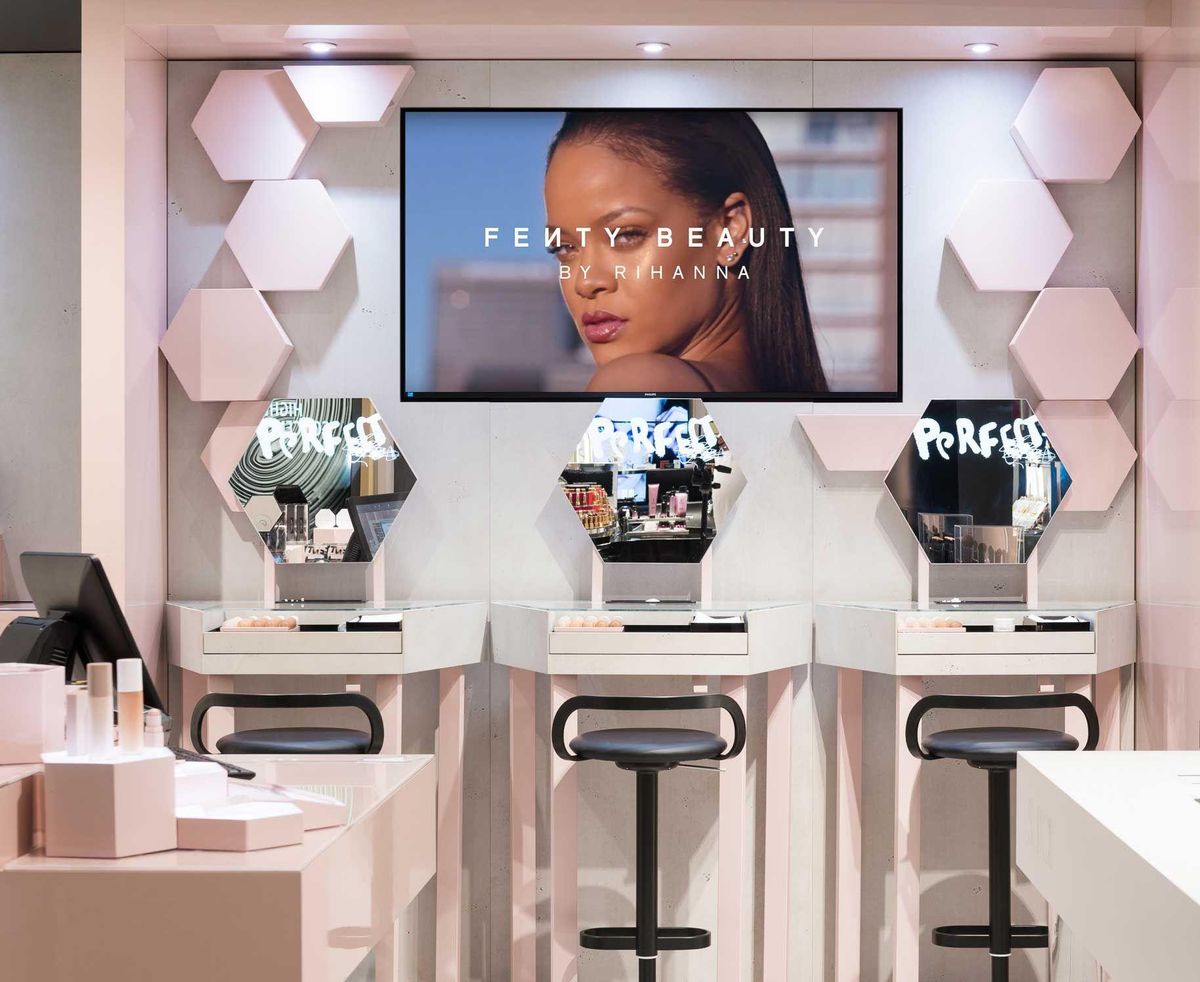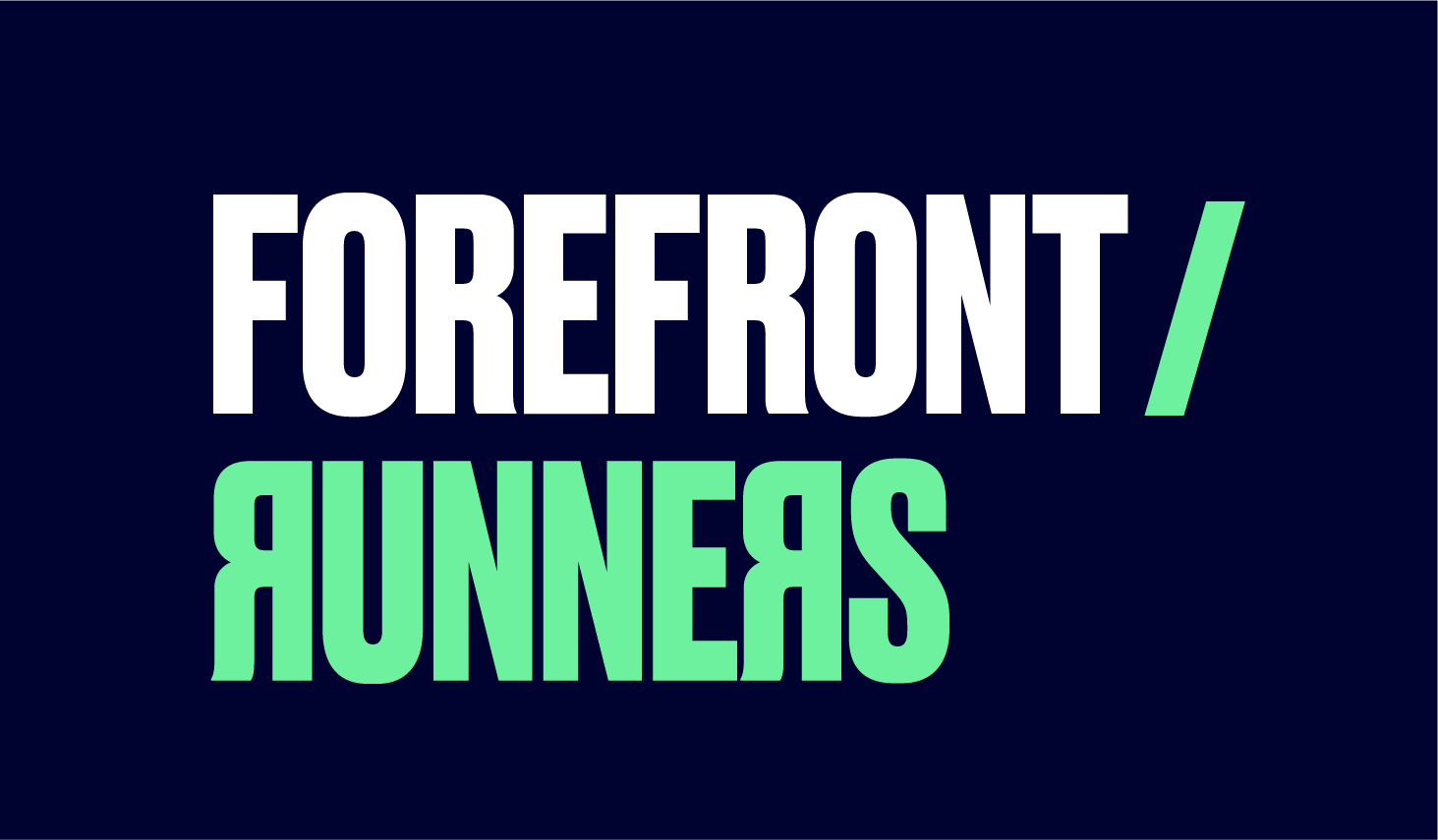Unveiling the Celebrity Retail Revolution: From Online Empires to Brick-and-Mortar Glory.

Following up yesterday's post about the rise of influencer brands in the sports arena, today we explore how to integrate their online empires with brick-and-mortar shopping, strategically incorporating physical stores into their growth plans.
In the past decade, celebrity-backed brands have been making a significant impact on the retail landscape. These brands, often launched by actors, athletes, singers, and comedians, have been leveraging their fame and influence to create successful businesses. The trend has seen a surge in the last six years, with nearly 60% of all celebrity retail brands being founded during this period.
The Journey to Brick-and-Mortar: While these brands typically start on e-commerce platforms, many eventually transition to physical retail spaces. The progression usually involves partnerships with established retailers, followed by pop-up test stores, and ultimately, permanent locations. Interestingly, just 11% of all celebrity brands have made it to the brick-and-mortar stage, with Los Angeles being the most popular city for the first permanent location.
Malls: The Preferred Destination: When it comes to choosing a location for their physical stores, celebrity brands show a clear preference for shopping malls. Over the past decade, these brands have opened over 300,000 square feet of space, with 76% choosing shopping malls over other types of retail property. This trend could potentially boost mall performance, which currently stands at a higher rate than the overall U.S. retail vacancy.
The Beauty and Apparel Domination: In terms of product categories, more than half (53%) of all celebrity retail brands are in the beauty category. However, when it comes to opening permanent physical locations, 82% of the brands are in the apparel space. This indicates a strong presence of celebrity influence in both the beauty and apparel sectors.
Success Stories: Among the celebrity brands, some have stood out for their success. Rihanna's Fenty Beauty, in partnership with LMVH, is one such example. Launched in 2017, the brand had revenue of $573 million in 2018 and has reportedly doubled its volume in 2022. Other notable brands include Savage X Fenty by Rihanna, Skims by Kim Kardashian, Goop by Gwyneth Paltrow, Fabletics by Kate Hudson, The Honest Company by Jessica Alba, Uncommon James by Kristin Cavallari, and Billionaire Boys Club by Pharrell Williams.
The rise of celebrity-backed brands represents a new era in the retail industry. With their massive social media following and influence, celebrities are leveraging their star power to create successful businesses. As these brands continue to grow and expand into physical retail spaces, they are likely to reshape the retail landscape in the years to come.
